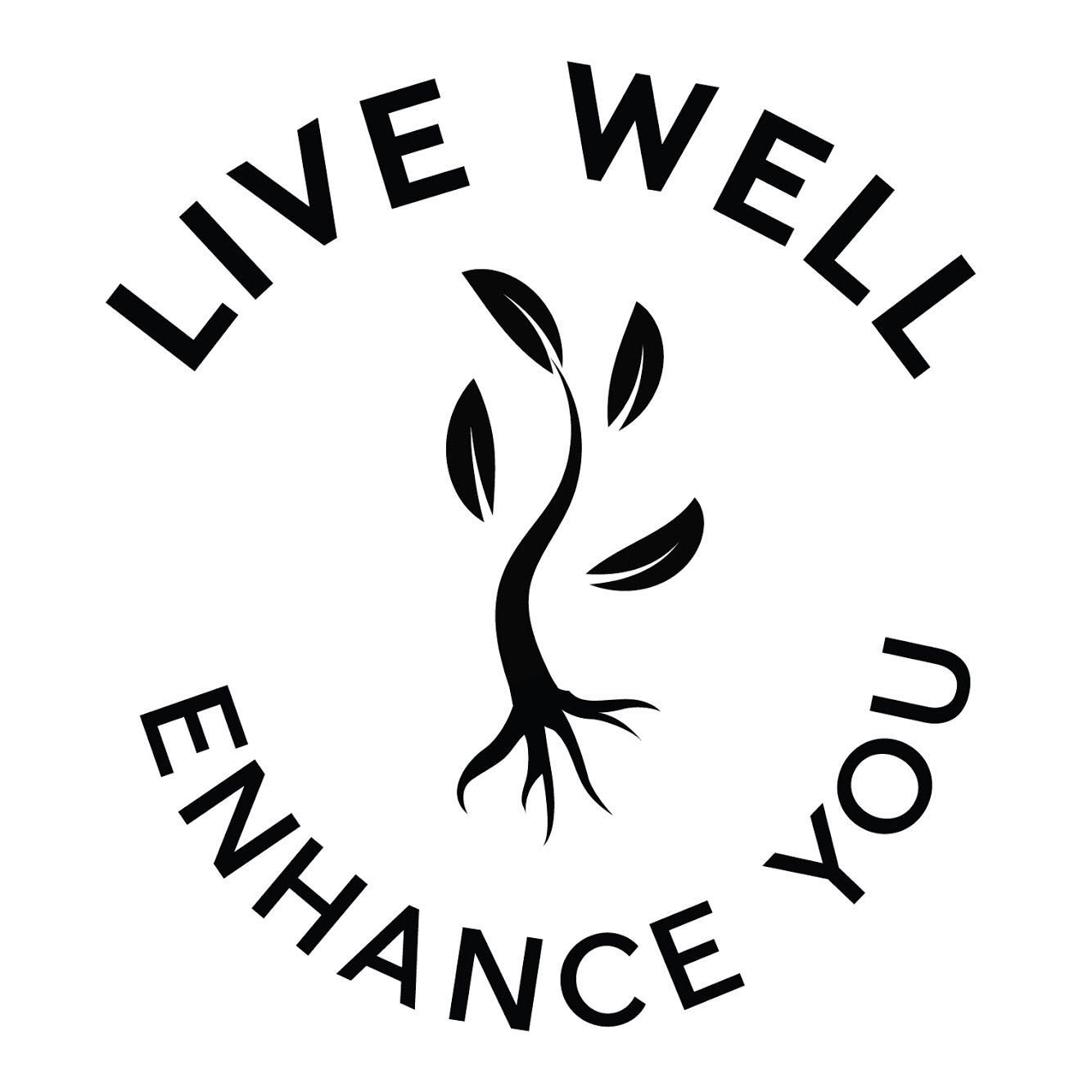Donate Blood, Save Lives, Be a Hero!
How good would it feel to know that you did something to help save a life? Being a blood donor is being someone’s superhero. And right now, the world needs a whole lot more of this kind of hero.
January is National Blood Donor Month. This is a month that often sees a decrease in blood donations. Since many people get sick during cold and flu season, they don’t donate blood, which causes a decrease. To make things worse, winter weather often messes up plans for blood drives. But the need for blood is still great – and the problem is even worse than usual.
Why people need blood
If you’re considering blood donation, you may be wondering what exactly your blood gets used for. There are four ways:
Your red blood cells are given to people who have suffered from blood loss from trauma or surgery.
Plasma is the part of your blood that’s liquid. This is given to people who need treatment to improve their blood clotting.
Your blood also contains platelets, which are responsible for blood clotting and are given to people who have cancer or are receiving transplanted organs.
The anti-hemophilic factor (AHF) is another part of your blood that aids in clotting. This is extracted from your plasma through a process called cryoprecipitation.
Knowing the science is important, but personal stories are an even more powerful reminder of why blood donations matter. Here is a quote from a blood transfusion recipient named Emma who spoke to The Blood Connection:
“In 2010, My mother and I got involved in a serious car accident that put us both in the hospital. After the accident, I had severe head trauma and I lost a lot of blood. If people had not donated blood, I wouldn’t have finished high school, been to college, met my husband, or had my son. I could never thank my donors enough.”
The current blood crisis
Unfortunately, there is currently a major blood crisis going on. The American Red Cross explains that there is a severe shortage of donors, and this shortage is the worst in over ten years. The main cause is – you guessed it – the pandemic.
COVID is sickening huge numbers of people, causing them to be temporarily ineligible to donate. Blood donation center staff members are getting sick too, and with fewer staff available, there are fewer blood drives. Also, with college campuses shutting down, on-campus blood drives can’t take place. These factors have combined to create a dangerously low supply of blood donations.
But even though there are fewer donations, there is still a very large number of people who need blood. They have urgent medical needs that can’t wait. When hospitals don’t have enough blood supply on hand, they are forced to delay critical treatments patients badly need. Every person in need of blood deserves to have a positive outcome like Emma!
How to give blood
To give blood, you should become aware of the eligibility requirements. There are many myths about blood donation eligibility, so it’s possible that you think you’re not eligible when you actually are. Check out this page for more information, including a helpful video that clears up blood donation myths.
Next, find a blood donation center in your area. Check out the Red Cross blood drive page and enter your zip code. Alternatively, you can search the internet for other organizations that are holding blood drives in your area. You can even organize your own blood drive!
What if you’re not eligible to donate blood? You can still help by spreading the word. Spreading the word about the blood crisis is extremely important. There are lots of people who are eligible to donate blood, but they aren’t donating because they’re unaware of how bad the problem is. Those people need you to inform them about how and why they should donate blood.
Think about all the people right now who are in need of a hero to give them blood. When you donate blood, you not only make a difference for them, but for their family and friends, too. This National Blood Donor Month, consider donating blood, and don’t forget to spread the word so that more people can be heroes, too.
